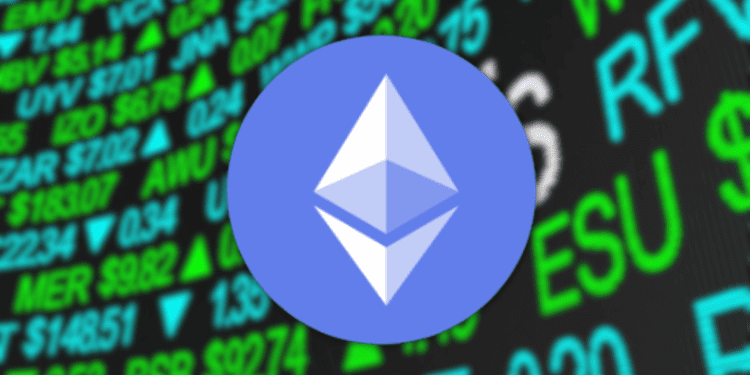- Ethereum ETFs are set to begin trading after receiving approval from the Securities and Exchange Commission in May.
- Analysts expect billions of dollars to flow into the eight new Ethereum ETFs, but trading volume will be a better indicator of demand than initial inflows.
- Major players like BlackRock, Fidelity, Grayscale, and Bitwise are offering Ethereum ETFs, which are expected to complement rather than cannibalize existing Bitcoin ETFs.
After a surprise approval from the SEC in May, Ethereum ETFs are finally set to begin trading on Tuesday morning. Analysts have mixed predictions for demand, but most are optimistic that billions will flow into the eight new funds.
Major Players Involved
Many of the same major firms are launching Ethereum ETFs, including BlackRock, Fidelity, Grayscale, and Bitwise. Bitwise’s CIO Matt Hougan believes these new products won’t detract from Bitcoin ETFs. In fact, he thinks it could accelerate inflows. “I think [institutions] are going to be happier having two assets than they were having one,” Hougan explained.
Estimated Demand
Bitcoin ETFs attracted about $15 billion in just 5 months. Bloomberg’s James Seyffart estimates Ethereum ETFs may bring in around a fifth of that amount over the same timeframe. However, he says trading volumes will be more telling than inflows. Seyffart plans to watch volumes closely during the first weeks, which will better indicate true investor demand beyond the initial hype.
Key SEC Approval
The SEC surprisingly approved these Ethereum ETFs back in May. Their decision marked a major regulatory turning point that gave the green light for crypto ETFs beyond just Bitcoin. The SEC continues to move forward with crypto oversight and regulation, albeit slowly. Their approval of Ethereum ETFs signals wider acceptance of crypto as an investable asset class.
While unpredictable demand makes the launch hard to forecast, the new Ethereum ETFs will be an important milestone for the crypto industry. Volumes and flows during the first few weeks of trading will reveal whether institutional enthusiasm lives up to the hype.














